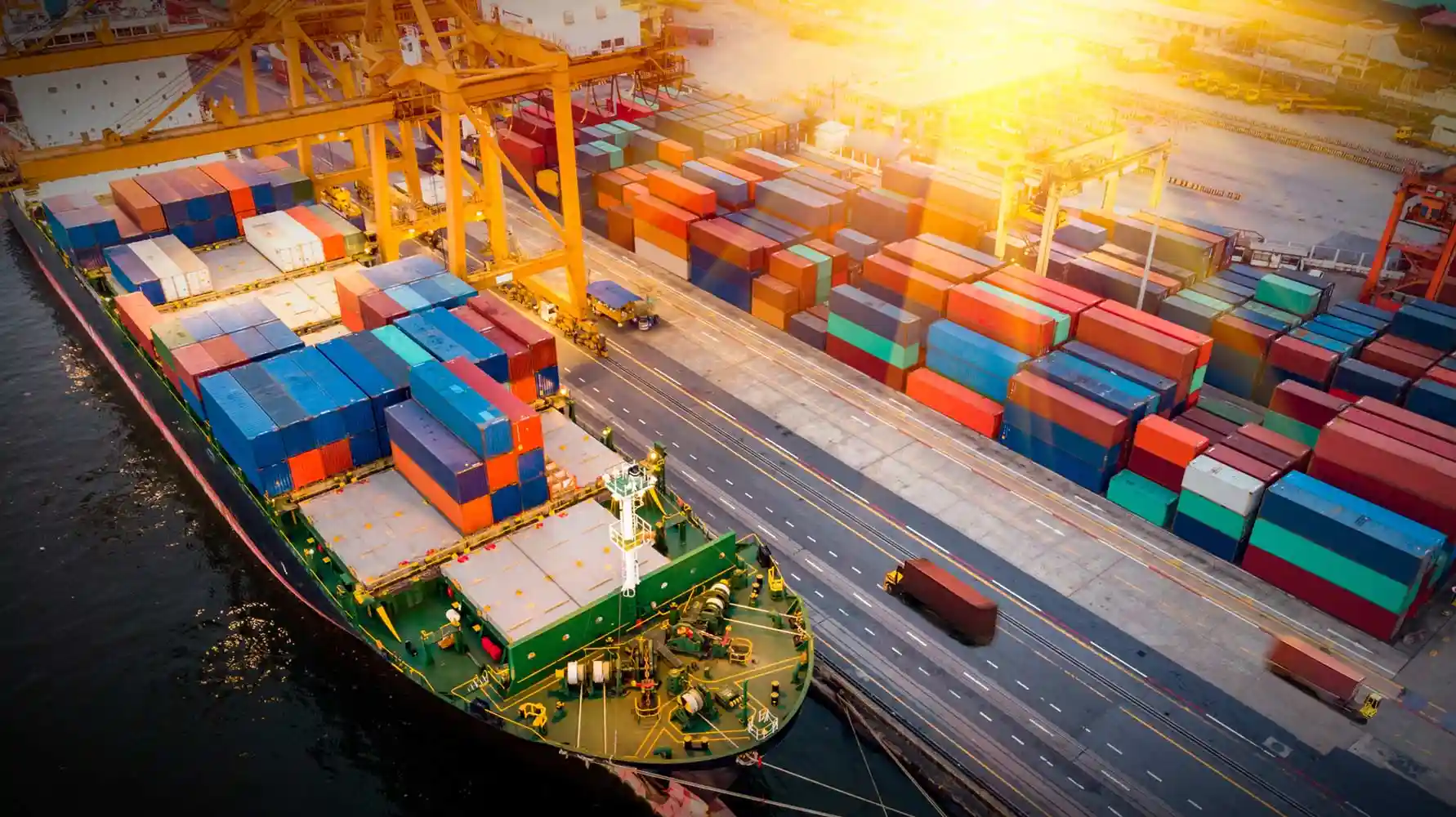Key Takeaways
- Understanding the significance of whistleblowers in identifying and reporting customs fraud can help safeguard economies and protect the public interest.
- Becoming a whistleblower involves several legal steps, ensuring protection and anonymity.
- Highlighting real-life examples demonstrates whistleblowers’ impact on curbing fraudulent activities.
- Learning about challenges faced by whistleblowers offers insight into the necessary reforms for better support systems.
- Exploring resources and agencies involved in addressing customs fraud guides additional support and information.
Introduction to Customs Fraud and Whistleblowing
Customs fraud encompasses a range of illegal activities to evade duties and taxes on imported or exported goods. This fraud severely impacts economies by reducing government revenue, distorting market conditions, and unfairly disadvantaging law-abiding businesses. Whistleblowers are essential in uncovering these complex schemes, providing detailed information that otherwise might remain hidden from authorities. By coming forward, a customs fraud whistleblower assists enforcement agencies in cracking down on fraud, thereby promoting transparency and legal compliance in global trade. These individuals highlight illegally concealed practices, paving the way for enhanced legal actions and fairer competition in international markets.
The Importance of Whistleblowers in Fighting Customs Fraud
Whistleblowers are a crucial component in the battle against customs fraud, as they bring insider knowledge and evidence to the table, which traditional enforcement methods may overlook. By doing so, they prevent vast financial losses that could otherwise burden taxpayers and undermine public services. The role of whistleblowers is not simply about uncovering wrongs; it’s about reinforcing ethical business practices and encouraging a culture of accountability and compliance. Their reports often initiate investigations that recover millions in lost revenues and penalties, holding offenders accountable for deceit. The proactive involvement of whistleblowers can deter potential fraud as businesses recognize the risks of being exposed. Globally, their contributions have led to groundbreaking legal reforms, ensuring that the international trade system is more robust and equitable.
Steps to Becoming a Whistleblower
- Identify the Fraudulent Activity: The journey begins with recognizing what constitutes customs fraud, including undervaluing goods, misclassifying products, or illicitly transshipping goods. This critical first step requires the whistleblower to see discrepancies that suggest wrongdoing keenly.
- Gather Evidence: Concrete evidence must be collected once an illicit activity is suspected. This evidence may include emails, transaction records, invoices, or any documentation supporting fraud. Meticulous documentation strengthens the credibility of the case brought against perpetrators.
- Seek Legal Assistance: Navigating the legal framework surrounding whistleblower actions can be complex, so seeking legal counsel is vital. Lawyers specializing in whistleblower protections provide essential guidance on the processes involved and advise on maintaining confidentiality where necessary.
- Report Anonymously if Needed: To mitigate potential backlash or retaliation, reporting through secure and anonymous channels can safeguard the whistleblower’s identity. Ensuring anonymity protects the individual and encourages others to report wrongdoing without fear.
Real-Life Cases of Customs Fraud Whistleblowing
The impact of customs fraud whistleblowers is evident through numerous real-life cases that have resulted in substantial recoveries of funds for governments and shifts in corporate practices. In some instances, whistleblowers have uncovered large-scale operations where companies employed deceptive practices to reduce their duty liabilities, leading to fines and penalties stretching into the millions. These cases illustrate the whistleblower’s role in dismantling entrenched fraudulent networks and spotlighting the necessity for robust legal frameworks and protections. They also showcase whistleblowers’ profound influence on creating industry-wide awareness about transparency and fair dealings in global trade.
Challenges Faced by Whistleblowers
Despite their crucial role, whistleblowers often encounter formidable challenges that can impede their willingness to come forward. Beyond the threat of workplace retaliation, whistleblowers may face prolonged legal battles, financial uncertainty, and personal criticism. Emotional stress and professional ostracism are significant hurdles that deter potential whistleblowers from reporting fraud. There’s a pressing need for comprehensive frameworks that provide legal protection and emotional and social support for those who take such courageous steps. By fostering an environment where whistleblowers feel secure and valued, society can encourage more individuals to act for the greater good, ensuring that fraud and corruption are not unchallenged.
Organizations and Resources Involved in Whistleblower Support
Numerous entities are dedicated to supporting whistleblowers, providing a crucial backbone for their efforts against fraud. These organizations offer legal advice, protective measures, and resources that empower whistleblowers in their journey. Consulting programs like the SEC’s Whistleblower Program are an excellent place to start for anyone considering coming forward. Resources like these provide detailed guidance on the steps and protections available and foster a sense of community among those who have reported fraud. By understanding the available support systems, potential whistleblowers can feel assured that a network of dedicated professionals backs their efforts to uphold integrity and justice.
Future Prospects for Whistleblowing in Customs Fraud
As technology evolves, so too does the ability of whistleblowers to detect and report customs fraud. Advances such as artificial intelligence and blockchain technology promise greater transparency and traceability in trade, thus enhancing the tools available to potential whistleblowers. These technologies can provide more sophisticated means to document and present evidence, making it harder for fraudulent activities to evade detection. The prospect of these innovations offers a promising future where whistleblowing can be conducted with increased efficiency and safety, reinforcing the fight against fraud in a rapidly evolving digital age.
Conclusion: Upholding Integrity in Trade through Whistleblowing
The ongoing battle against customs fraud cannot be won without the brave actions of whistleblowers. Their unique perspective and firsthand knowledge are indispensable in maintaining fairness and legality in international trade. By advocating for robust protections and supportive measures, whistleblowers can continue to expose fraud, thus ensuring economic stability and ethical business practices. Society must recognize and support these efforts to foster an environment where integrity and justice prevail, allowing commerce to flourish without deceit and corruption.




